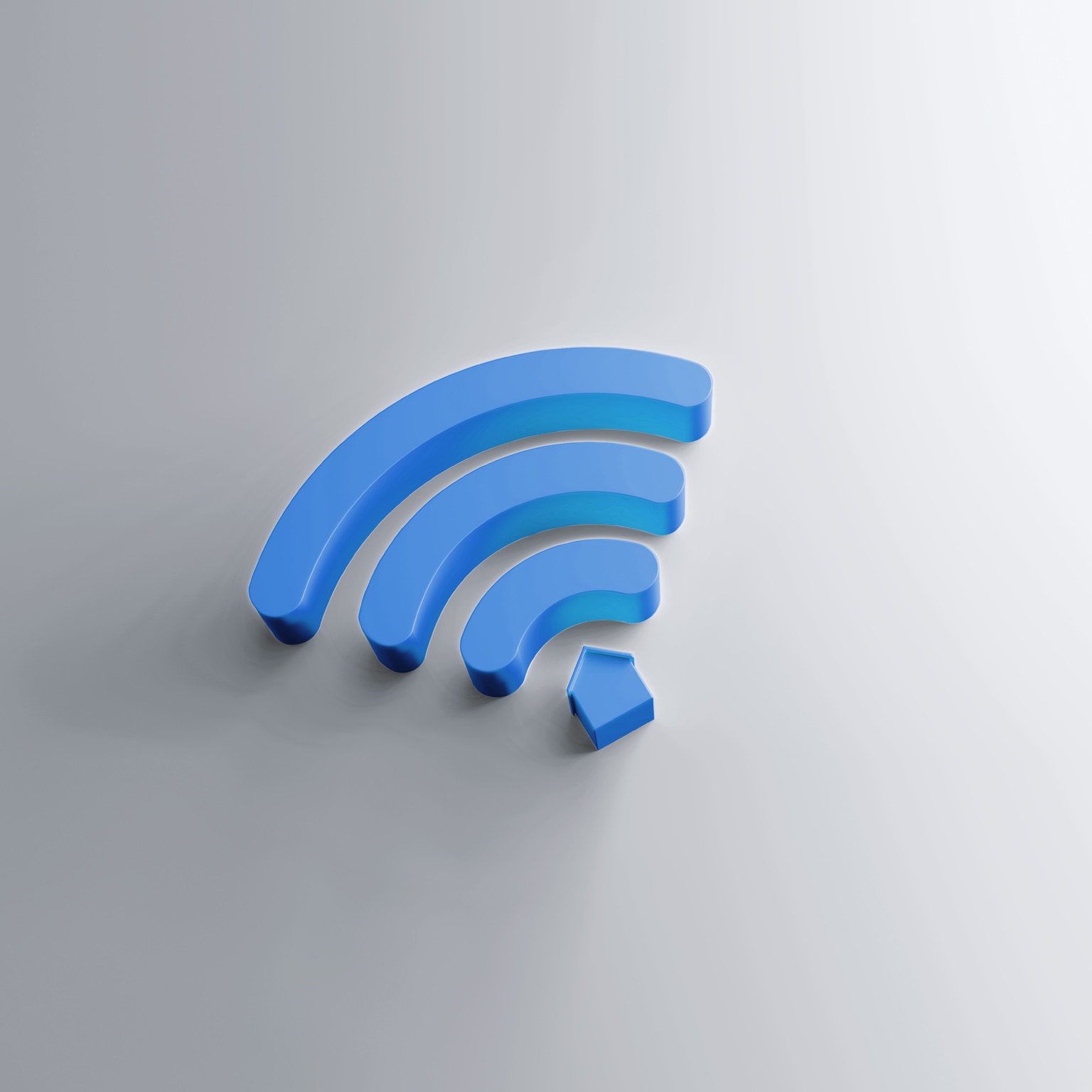
Key Takeaways:
The future is here, and it goes by the name of the Internet of Things (IoT). Demystifying IoT may seem like a daunting task, but in this article, we will break it down for you and help you understand how this revolutionary technology is set to transform your world.
Frequently Asked Questions
The Power of IoT: Transforming Industries and Redefining Possibilities
IoT, the interconnectivity of devices and objects through the internet, is set to reinvent the way we live, work, and interact with technology. As more and more devices become connected, the possibilities seem endless. From wearable gadgets that track our health and fitness to smart home systems that automate our daily routines, IoT is transforming both consumer and industrial landscapes.
Healthcare: Revolutionizing Patient Care and Wellness
In the healthcare industry, IoT has the potential to significantly improve patient care and wellness management. The integration of IoT devices allows for remote patient monitoring, enabling physicians to remotely track vital signs, medication adherence, and overall well-being. This capability is particularly beneficial for individuals with chronic conditions or elderly patients who require continuous care. IoT technology also empowers patients to take charge of their health by providing personalized feedback and insights.
Furthermore, IoT enables healthcare providers to optimize resource allocation and streamline operations. Real-time monitoring of hospital inventory, medical equipment, and patient flow facilitates more efficient utilization of resources. Predictive maintenance of medical equipment minimizes downtime, ensuring that critical equipment is always in optimal condition. Ultimately, IoT-driven advancements in healthcare improve patient outcomes, enhance operational efficiency, and reduce healthcare costs.
Transportation: Embracing Efficiency and Safety
IoT is paving the way for smarter, safer, and more efficient transportation systems. By equipping vehicles with sensors and connectivity, real-time data is generated and exchanged, leading to improved traffic management and enhanced driver safety. Smart city initiatives harness IoT technologies to optimize traffic flow, predict congestion, and mitigate accidents.
Fleet management is also revolutionized by IoT, as companies can monitor vehicle performance, track routes, and optimize fuel consumption. Connected vehicles enable proactive maintenance by continuously feeding diagnostic data to service centers, preventing costly breakdowns and reducing downtime. Moreover, autonomous vehicles, made possible by IoT advancements, have the potential to revolutionize the way we commute and transport goods.
Agriculture: Cultivating a Smart and Sustainable Future
The agriculture industry, too, has experienced the transformative power of IoT. Precision farming, made possible through IoT sensors and devices, enables farmers to optimize crop production, reduce resource waste, and minimize environmental impact. Soil moisture and temperature sensors ensure optimal irrigation, reducing water usage. IoT-powered systems can detect diseases and pests early, allowing for targeted interventions and reduced pesticide use.
Livestock management is enhanced through animal tracking and monitoring, ensuring the well-being of animals and enabling efficient farm operations. Real-time data on weather conditions, soil quality, and market trends empower farmers to make informed decisions, maximize yield, and reduce operational costs. With the world’s growing population and climate change challenges, IoT-driven smart agriculture plays a pivotal role in ensuring food security while minimizing the industry’s ecological footprint.
Preparing for the IoT World: Building Knowledge and Skills
With IoT poised to revolutionize various industries, it is essential to equip individuals with the knowledge and skills to embrace this future. As more IoT devices enter our homes and workplaces, understanding their functionalities, benefits, and potential risks becomes increasingly important.
Building familiarity with IoT devices can be as simple as starting with consumer-friendly products like smart speakers, thermostats, or wearable fitness gadgets. Exploring their functions and understanding how these devices connect and exchange data can lay a foundation for a deeper understanding of IoT ecosystems.
Moreover, individuals can benefit from gaining analytical skills to make the most of the data produced by IoT devices. Data analytics capabilities will empower individuals to interpret information, recognize patterns, and make data-driven decisions. Additionally, understanding the essence of cybersecurity and data privacy will be crucial, as IoT ecosystems encompass sensitive personal and corporate information.
Acquiring programming skills can further unlock opportunities in the IoT industry. Knowledge of programming languages like Python or Java allows individuals to develop applications, personalize IoT devices, and explore entrepreneurial ventures in this burgeoning field. By embracing lifelong learning and staying informed about IoT developments, individuals can thrive in a world shaped by this technological revolution.
Embracing a Transformed Future: Embracing IoT
As we venture further into an interconnected world, IoT’s transformative power becomes undeniable. It offers opportunities to optimize resource utilization, create efficient systems, and make informed decisions. From the endless possibilities in healthcare and transportation to the sustainable advancements in agriculture, IoT is set to shape a future where our devices work together seamlessly to enhance our lives.
Embracing IoT requires a commitment to continued learning, an emphasis on data security and privacy, and a broader perspective on how technology can revolutionize our society. By understanding the potential of IoT, acquiring relevant skills, and staying informed, individuals can ride the wave of innovation, realign their businesses, and be at the forefront of this exciting digital transformation.
Key Takeaways:
Source: insidertechno.com